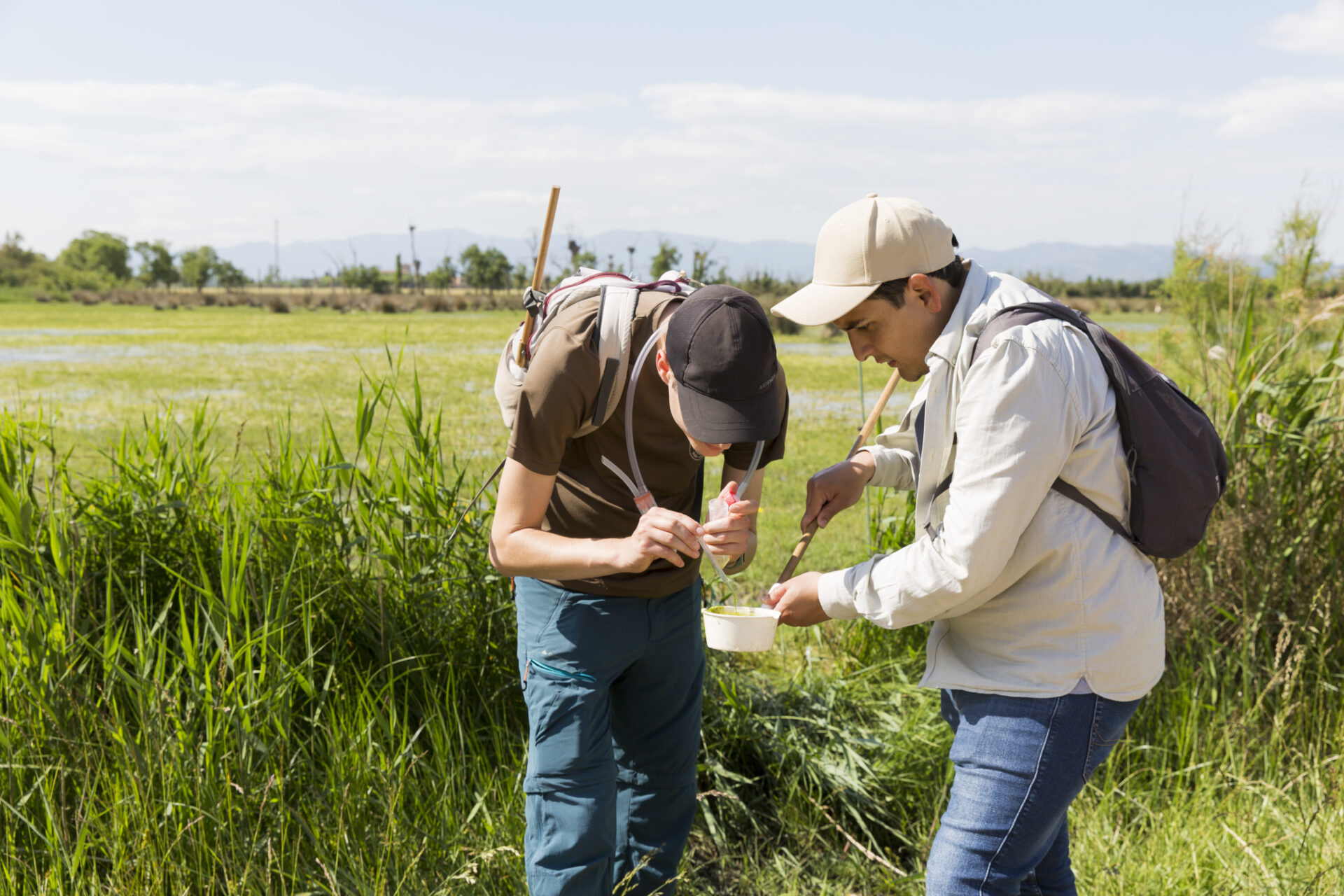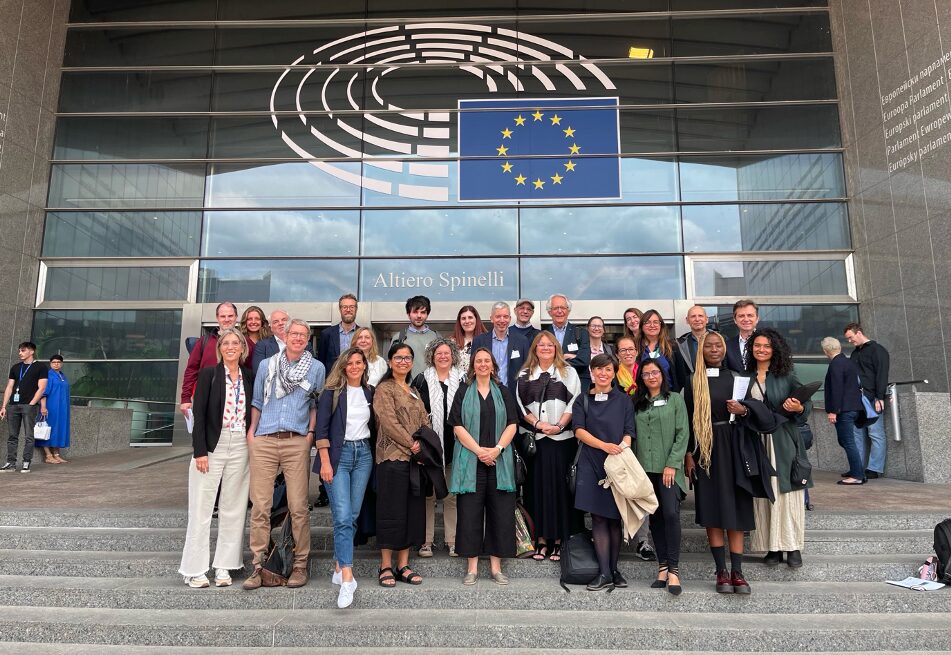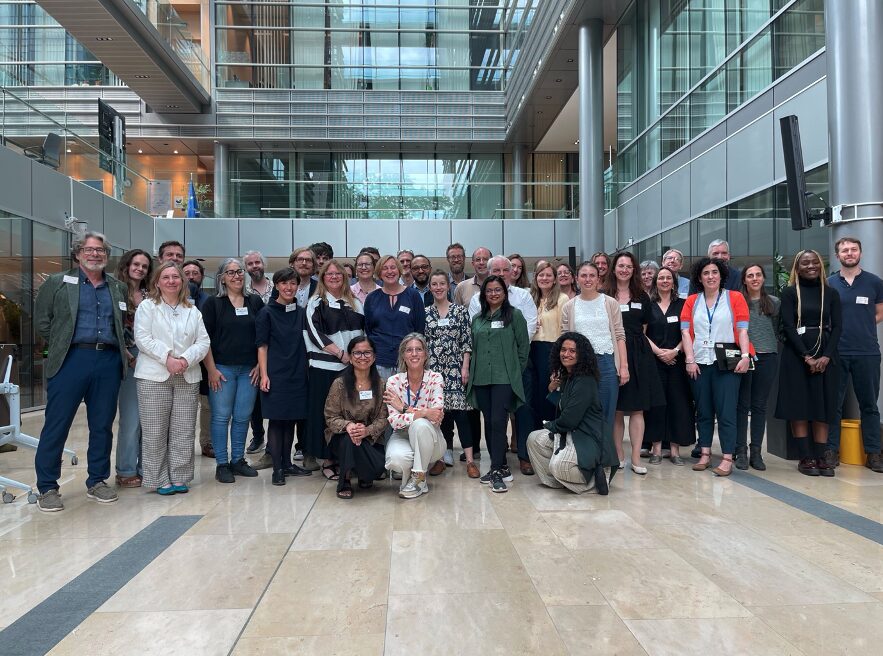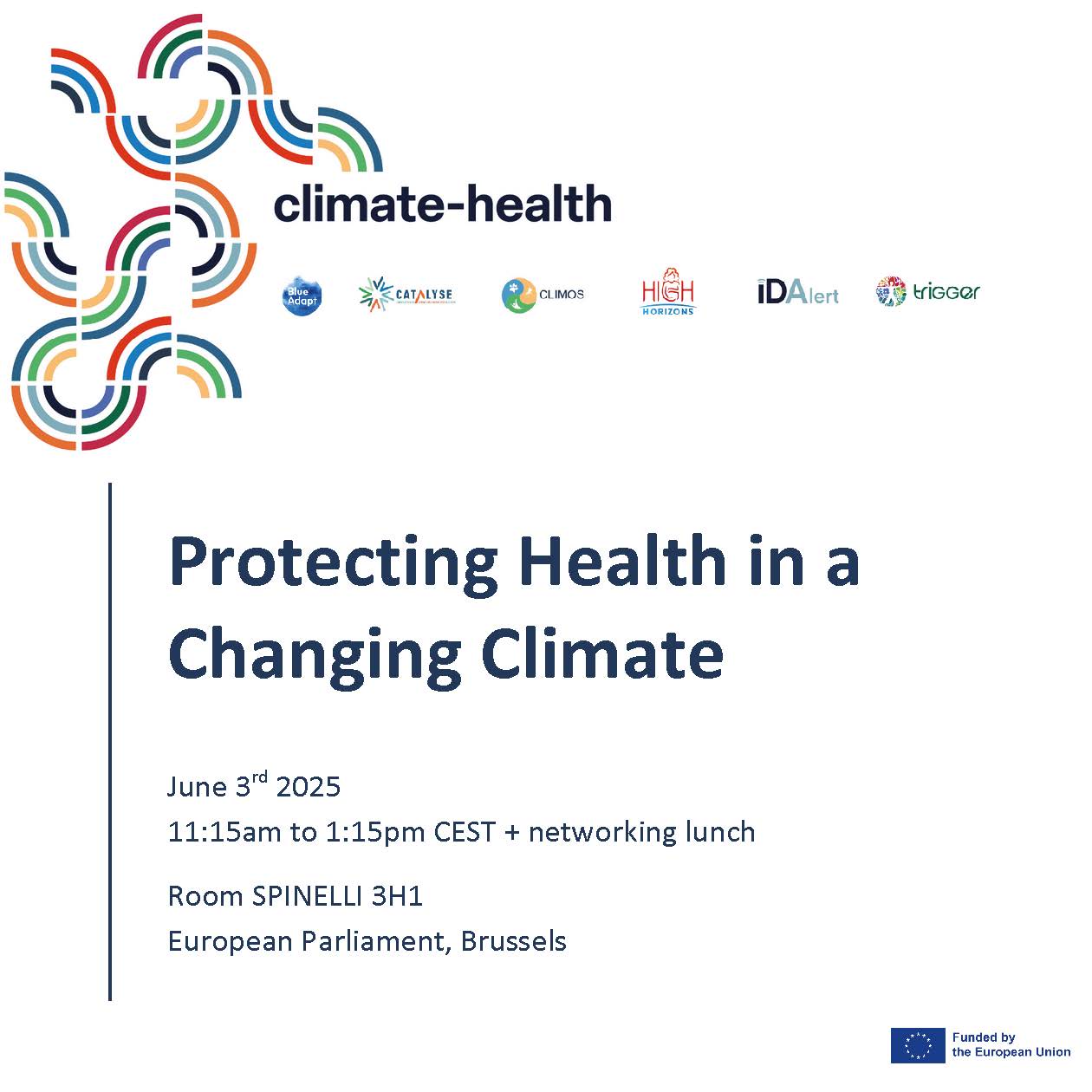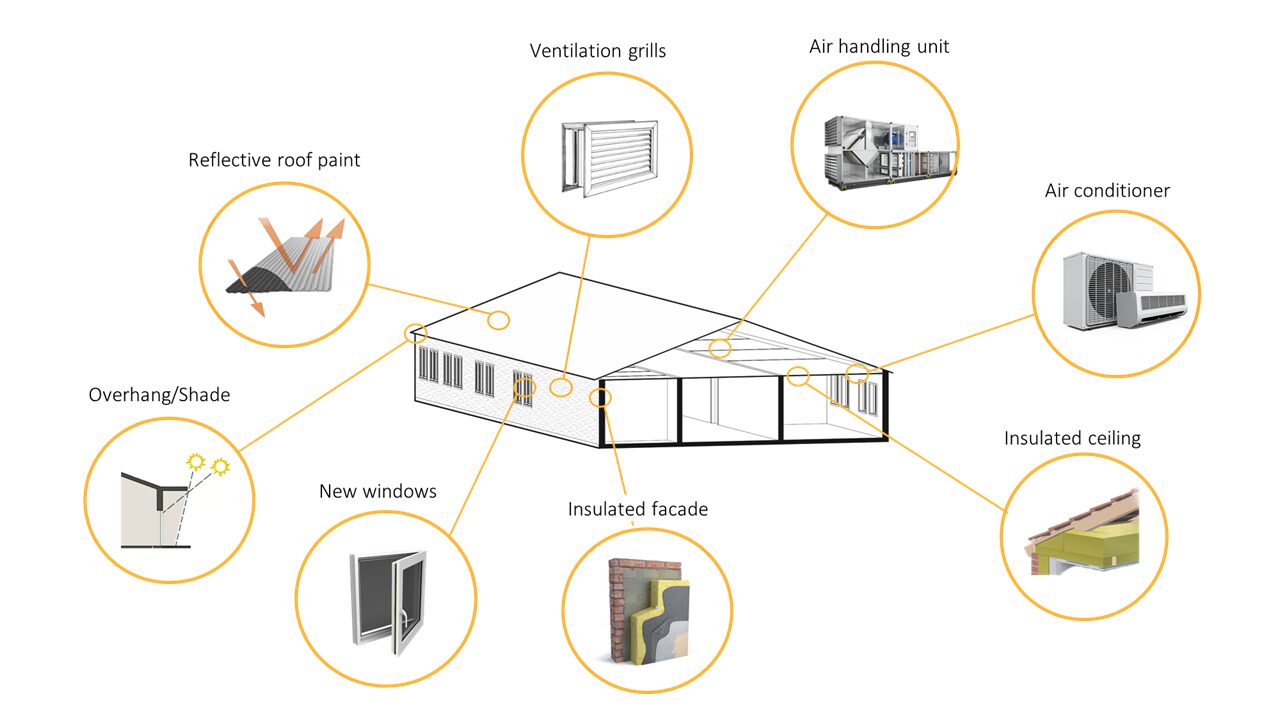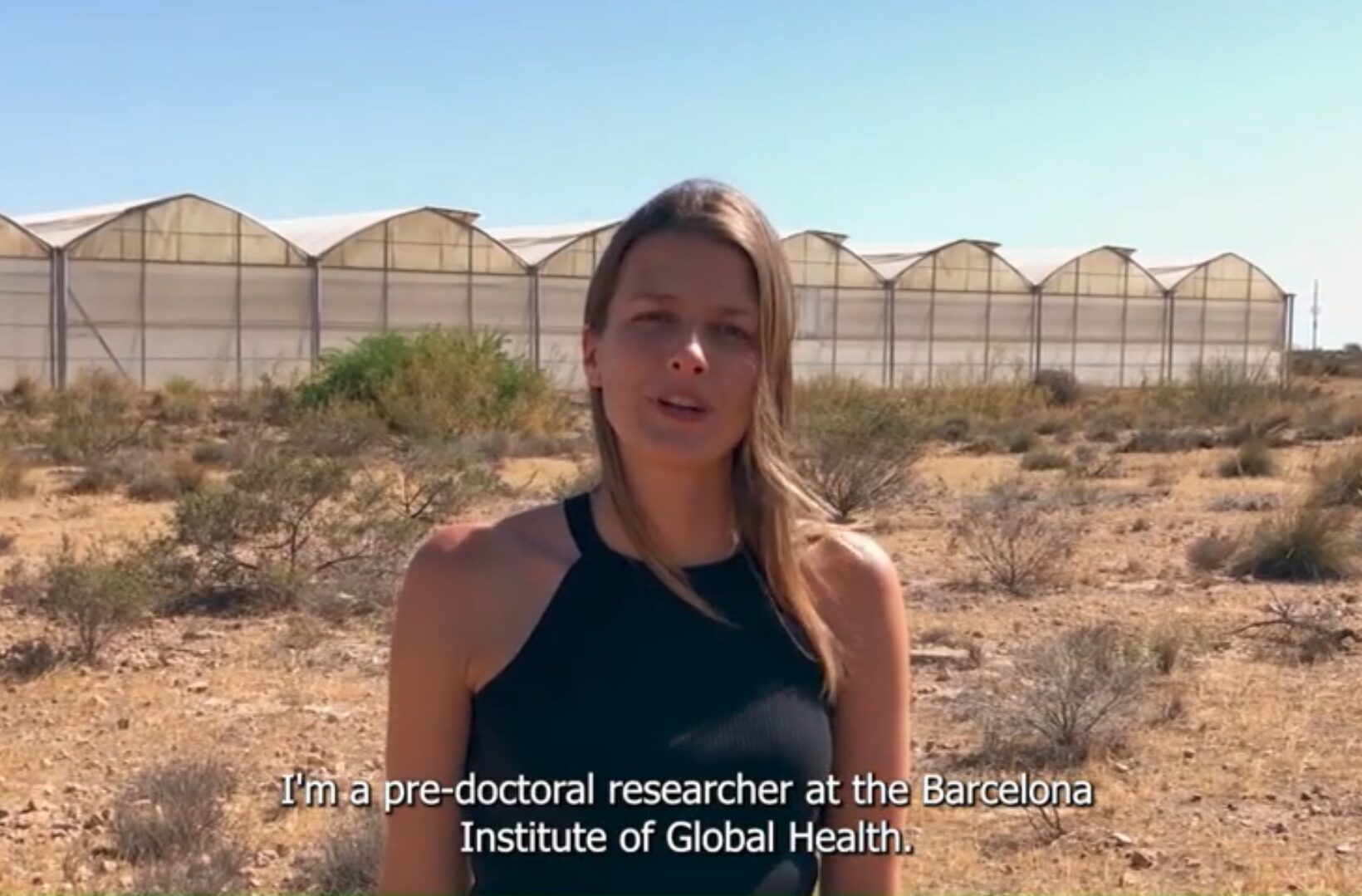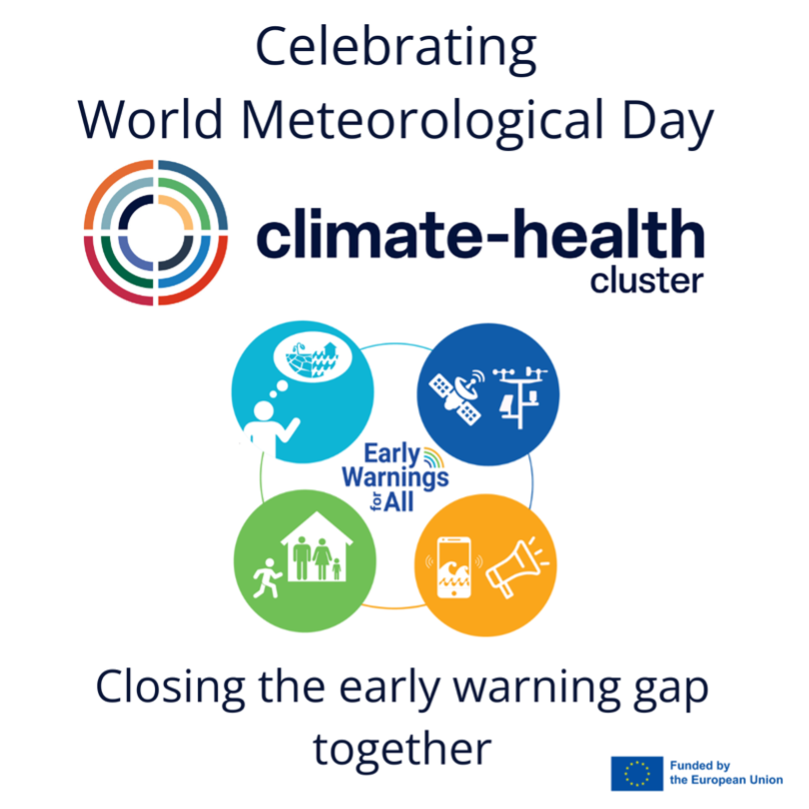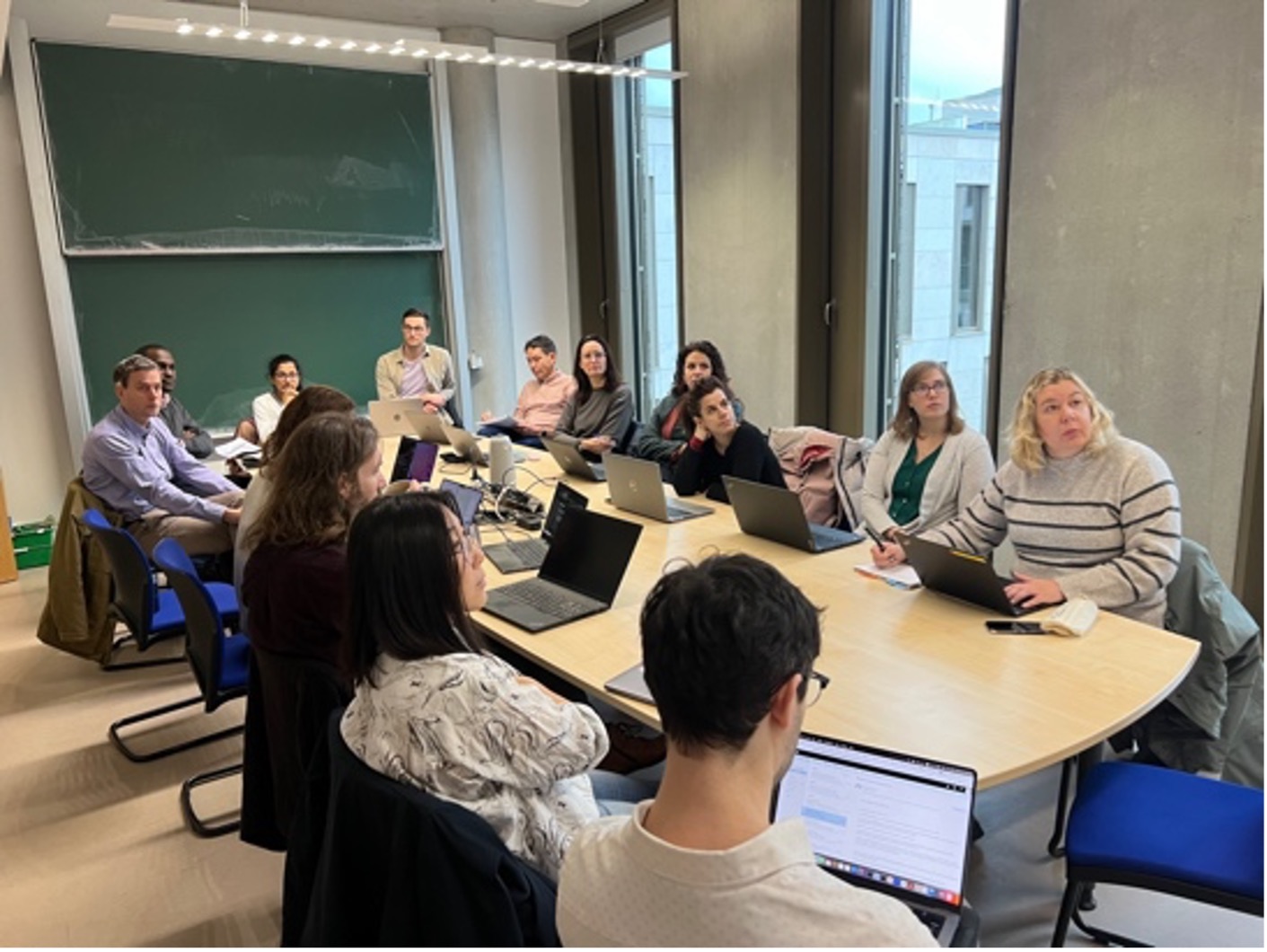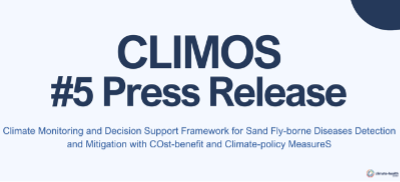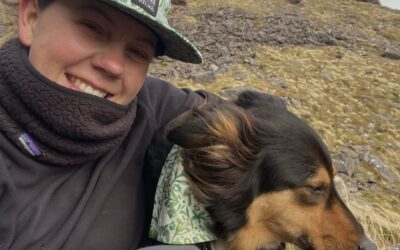In its final year, CLIMOS reduces the gap between science and policy in vector control
March 2025. During the recent General Assembly held in Turkey and hosted by EGE University, partners presented key findings and progress in sand fly monitoring, pathogen screening, data modelling for the EWS, and public health measures for preparedness.Sand fly...
Open access heat stress data for greece creates fresh opportunities for heat health research
HIGH Horizons researchers have published open access human thermal stress indices datasets for Greece that can be used by researchers or authorities aiming to investigate the relationship between heat and health in the country. HIGH Horizons researchers have published...
An interview with Jessica Robbins, founder of Leishmaniasis Advocacy Network (LAN)
My name is Jessica Robbins and I am the founder of Leishmaniasis Advocacy Network. I was infected with cutaneous Leishmaniasis, and I am here to tell you how a trip to the Mexican jungle led me to developing an advocacy network for patients around the world. How did...
Newly planted trees outside South African health facilities promise cooling shade for pregnant women and health workers
Walk up to a health facility in Tshwane, South Africa on a hot summer morning, and you are likely to find long, snaky queues of people, including pregnant women, waiting outside—in the full sun. “It’s scorching, but they don’t have shady places,” said Pamela Tshandu,...
CHAC 2024: Highlights from HIGH Horizons presentations at Africa’s first-ever climate health conference
HIGH Horizons researchers are proud to have taken part in Climate and Health Africa Conference 2024(CHAC), the first conference in history to focus solely on the intersection of climate change and health in Africa. The conference, held from 29-31 October, in Harare,...
Bridging the gap between scientific evidence and policy
“It’s not so much about how politicians can listen to researchers; it’s more about how we can work together to build spaces for discussion and create public policies together, finding a common language of understanding,” Leire Pajín Iraola, Member of the European...
IDAlert Experts Join UN Climate Change Initiative on Global Goal for Adaptation
We’re proud to announce that two of experts in the IDAlert projects, Shouro Dasgupta and Jan Semenza, have been selected to join an international consortium of 78 specialists convened by the United Nations Framework Convention on Climate Change (UNFCCC). This...
Integrating health risks in Nature-Based Solutions
We are pleased to invite you to a special webinar organised by the IDAlert project that addresses the critical intersection of nature-based solutions (NbS), climate change, and public health on 5 December from 15:00 to 16:30. While NbS are widely recognised for their...
Third annual IDAlert gathering: sharing insights and progress
Third annual IDAlert gathering: sharing insights and progress The IDAlert project, launched in June 2022, is making significant progress in addressing the growing threat of vector-borne diseases in Europe and beyond. With a consortium of 19 partners from Sweden,...
Climate Change and Vector-Borne Diseases on Kastellorizo Island
Climate Change and Vector-Borne Diseases on Kastellorizo Island A recent study conducted as part of the IDAlert project has shed light on the impacts of climate change on vector-borne diseases, focusing on mosquito populations on the remote Greek island of...

